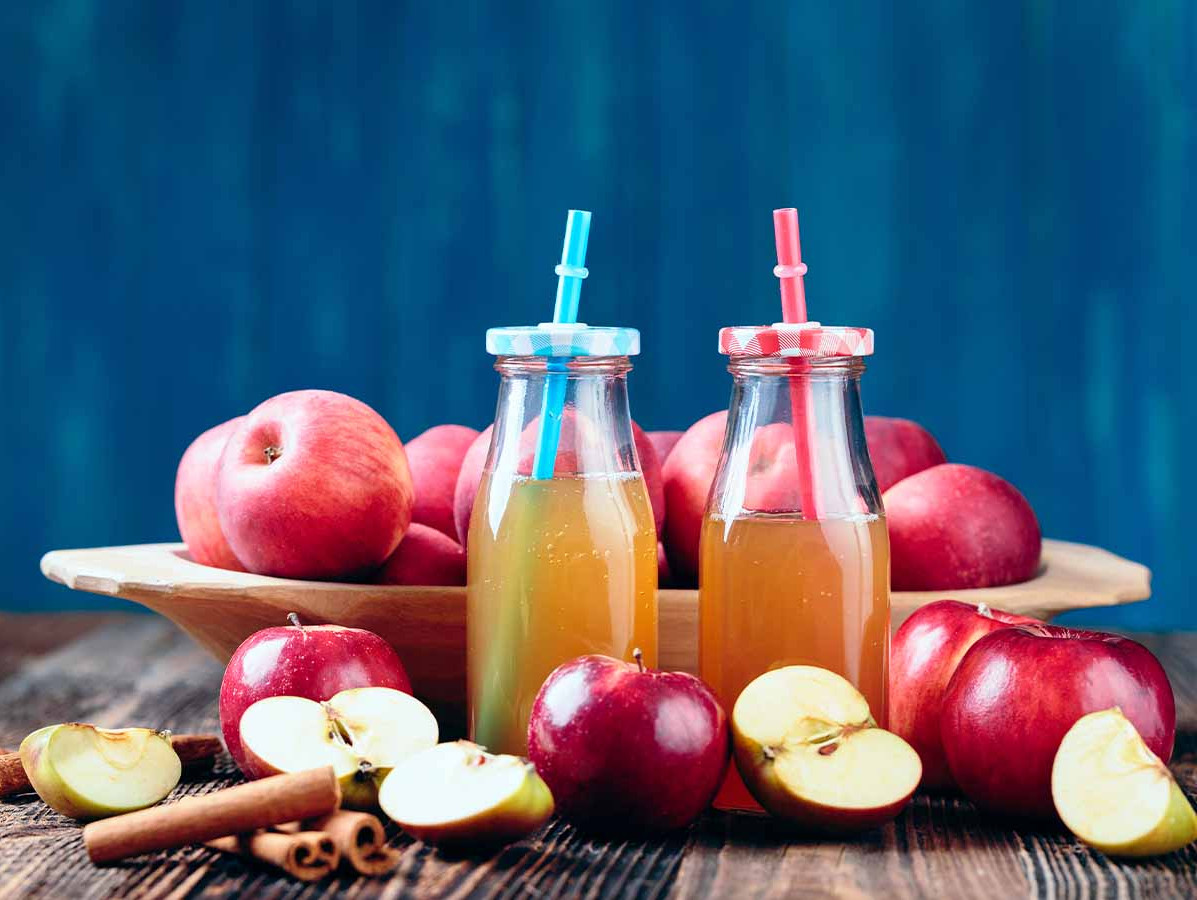
The Dutch Fruit Growers Organization (NFO) is sounding the alarm over the potential introduction of the 'juice tax', a levy on pure fruit juice made from Dutch apples and pears. This tax could not only tarnish the reputation of Dutch fruit, but also encourage food waste and lead to an increase in CO2 emissions.
In a letter to the Dutch House of Representatives (Tweede Kamer), the NFO expresses its concerns about the implications of this tax. "The juice tax discourages consumers from choosing healthy, locally-produced juices," says Siep Koning, director of the NFO. Additionally, the organization points to the potential loss of income for fruit growers and the risk of food wastage. Many apples and pears, which aren't aesthetically perfect for sale as fresh fruit, are converted into pure fruit juice. The introduction of this tax could jeopardize this process.
The organization also emphasizes the importance of the reputation of Dutch fruit products. A tax might send a message that these juices are as unhealthy as energy drinks, which could reduce the consumption of local fruit products. This could negatively impact the Dutch fruit cultivation sector, including both organic and integrated farming. Moreover, the 'juice tax' could boost the consumption of imported drinks, leading to higher CO2 emissions and greater environmental strain.
The NFO is urging the Dutch government to reconsider this proposed tax. "Policy measures should support the fruit cultivation sector while promoting sustainability and healthy dietary choices," says the NFO.
In response, Caroline van der Plas of the BoerBurgerBeweging (Farmer-Citizen Movement) indicated that she had already addressed this issue in the Dutch House of Representatives. However, a motion she introduced was subsequently rejected.
Source: NFO